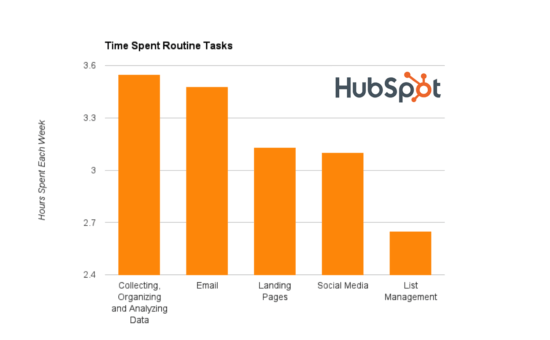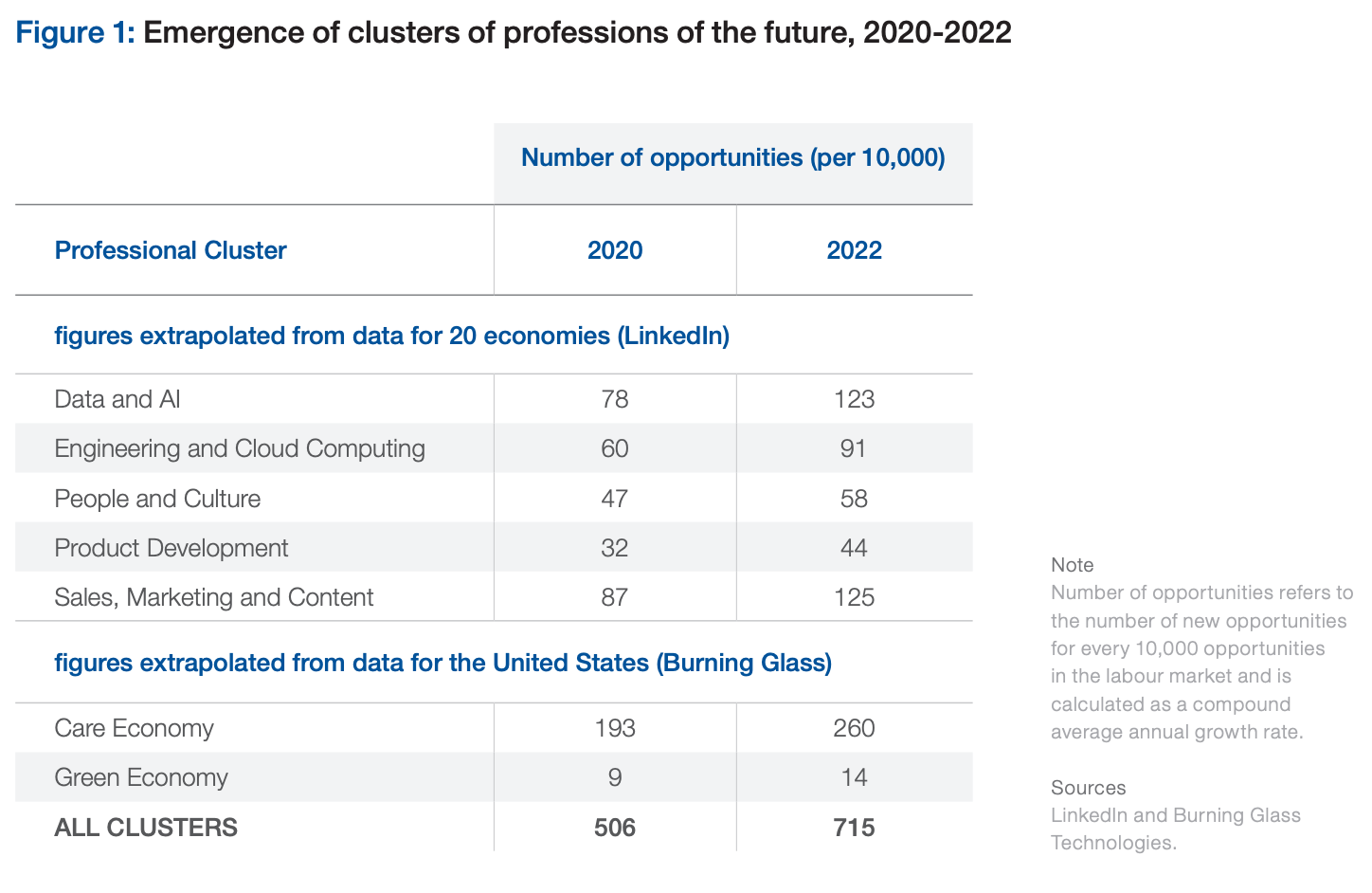Keyword Research, Link Building, HTML & amp; CSS – These are all skills that are not directly required for business SEO.
You are not a fan of all trades. You are not a growth hacker. This is not traditional SEO.
In business SEO, you are likely working with millions of pages, often across multiple websites, for a company that has a clear goal in mind, and that is not to increase organic sessions.
Most people think of business SEO as a move from the minor to major leagues of baseball.
It’s not. You are not playing baseball.
You are playing cricket. Most of the time, it takes five days to get no results. It is slow, unnecessarily complex, and requires a lot of finesse.
When websites scale to that level, the work that an SEO did for a smaller brand has to be split up and done by many separate teams.
Keyword research is done by the content team, link building is done by the public relations department, and development will not allow you to implement changes to HTML & amp; CSS. What does it take to be successful in this unique environment?
Focus on honing these 8 essential skills for business SEO success.
Contents
1. Know the Business

If you report performance by showing keywords that have risen in the rankings, you are doing it wrong.
Even valuable SEO KPIs like impressions and organic sessions are often of fleeting interest to a C-level executive.
It should show how investing in SEO leads to increases in business KPIs, those things that sustain the growth of a business. This can be MAUs, leads, subscriptions, revenue, or some other metric.
Make sure these are accurately tracked in Google Analytics (or the web tracking tool of your choice) in such a way that they can be clearly attributed to your SEO efforts and highlight the effectiveness in your reports and communications.
Show that you not only understand SEO, but can also translate it into business results, information about your target audience, your market, and a deep understanding of the industry in general.
This will make it a unique and valuable resource in your organization.
2. Understand SEOwnership

Jono Alderson shows us that SEO has become multidisciplinary to the point that no one person or team can own SEO.
The problem is that when organic KPIs drop, it falls on your shoulders.
Business SEO professionals handle this conundrum by understanding that their job is not to do SEO, but to advocate for SEO.
To be an effective advocate, you need to be proactively involved in everyone else’s SEO-related projects, as well as gain acceptance for your own.
Yours is a role of continuous cross-functional collaboration.
To become an asset that stakeholders at all levels seek, you must go beyond playing well within the organizational hierarchy. It must become a source of knowledge that adds measurable value to initiatives.
And to become that, you need amazing data and analytics skills … which leads to the next point.
3. RegEx & SEO Reporting Mastery

When it comes to technical SEO for business organizations, the level of complexity is multiplied tenfold.
Observing the organic growth of the Google session throughout the site will not be enough for the impact analysis.
You need to be able to segment your website’s information architecture with regular expressions in order to understand how SEO changes moved metrics for a select group of pages or types of terms. This will allow you to dive deep into Google Analytics, Google Search Console, and other SEO tools.
The regular expression (regex) allows you to find the metrics. But you will also need to have a deep understanding of the complexities of dimensions. Especially when it comes to crawling and indexing issue rankings in the Google Search Console Coverage Report or search appearance groupings in the Search Performance Results Report.
Advanced analytical skills give you the opportunity to provide essential information to inform data-driven decision making. Even if you weren’t involved in a project from the beginning, sharing the SEO impact of an initiative (potential or actual) can open the door for you.
Often times this also gives you an early invitation to similar projects or even roadmap planning in the future.
But the right data and the wrong shared insights will get you nowhere. This leads to …
4. Results Communication

When it comes to sharing SEO results, you hardly ever speak to another SEO professional. Often not even to another marketer.
It is very likely that you are communicating with people who have never logged into Google Search Console, barely look at the source / medium report in Google Analytics, and have an outdated understanding of what Google is and how its algorithms work.
It is up to you to analyze any initiative that impacts SEO and share the results.
Drop the Technical Jargon
Swap the SEO jargon for phrases that anyone can understand. It is not “crawled by Googlebot” but “pages that Google has seen”.
Not “pages that rank in the SERPs”, but “pages that show when people search on Google.”
Not “implement structured markup for rich snippets”, but “add code to improve visibility on Google”.
Don’t List Metrics, Explain Them
If impressions increase by 30% and decrease position by 5%, you know this is a big win. But your stakeholders can read it as a victory, a loss.
Instead, explain that doing X resulted in a 30% increase in impressions for search terms that the website did not rank for previously, allowing the brand to reach new audiences.
Explain that these pop-up search terms rank lower, skewing below average, but you’ve confirmed that existing search terms maintained their performance.
In that way, it is clearly understood as a win-win situation.
Prepare for Short Term Nulls
Many of the SEO improvements he advocates will not show their full impact within a few weeks, as it takes time for Google to track and process changes on an enterprise-grade site.
But that’s not an excuse not to communicate.
At most, be there four weeks after an initiative is launched. Share the KPIs while they are still fresh in your mind, even if it means explaining why there is still no movement and setting expectations for when you expect to be able to submit the final impact report.
Credit the Work of Others
While you’re doing the SEO reports, and maybe it’s even your project, chances are you haven’t done much, if any, of the hands-on work.
Publicly acknowledge, by name, the contributions of others to any successes (but not failures!).
5. Authoritative on SEO

This does not mean that it must be an oracle that always has the perfect answer and can predict the future.
It means that your colleagues trust that you will always be honest. They take your word for it on that stubborn article they found about an SEO problem.
They are willing to prioritize SEO tasks over other opportunities because you say doing so will yield better results.
Often times this level of authority is difficult to earn because it starts from behind. As an industry, SEO is often viewed as an unpredictable wizardry.
Countering this perception and developing your authority will take time and excellent communication.
And that hard-earned trust can be frustrated in an instant if you make one of the three common mistakes listed below.
Don’t Fall Into the Trap of Retroactively Blaming an Algorithm Update for Organic Losses
Even if the algorithm change is the cause, if you didn’t proactively alert stakeholders, an update is coming up and / or it was released on the day that it will damage your authority.
Don’t BS People Thinking They Won’t Notice
If you are not sure what the correct answer to a question is, be honest and don’t know it and commit to updating the request in X days.
It is far less important to deliver information instantly than to deliver it accurately. Throwing out a half-formed answer that can be revealed to be wrong deepens mistrust of SEO as an industry and of you as an expert.
Don’t Claim the Unknown
Many times in my career, I have had in-house and agency SEO professionals happily report that their work led to an increase in organic performance.
When asked about the exact tactics they executed to achieve the results, the room fell silent. If you can’t explain the cause of an increase, don’t try to take the credit.
Even if you get away with it once or twice, you will lose all credibility when you can’t replicate or build on that success.
For the high-performance tactics you are responsible for, be sure to clearly document the success.
6. Collaborative Documentation
I am a constant cheerleader for Agile SEO backed by concise documentation.
It is an essential skill to be able to write clearly for each SEO initiative in no more than a few pages what the current status is, what to switch to, by whom, when and why.
I think creating an overview table based on SMART criteria and then “before and after” sub tables for each aspect of the change is an efficient format.
The process forces you to think carefully about each tactical element, leading to higher quality strategies. But more importantly, that document becomes a key collaborative asset by:
One trick to making the most of the benefits of tactical documentation is to hold a meeting with all the stakeholders to discuss it in the early stages of the project. This often returns a higher level of feedback and acceptance.
7. Do Things RAPIDly
In some cases, robust strategies can be thwarted by uncertainty about roles and responsibilities.
Often times, the documentation process starts a conversation about who is responsible for what and where those tasks are on each team’s priority list. In addition to confirming who can take the “step” to implement the strategy.
This can often stop, or even cancel, SEO initiatives.
Avoid this risk by honing your skills as a facilitator to ensure that all stakeholders are clear about their role when it comes to SEO.
I find the RAPID decision-making model exceptionally helpful for working with multiple parties to understand when it comes to SEO execution, who is in what role.
As a bonus, this exercise helps clarify your own role; what is expected of you, what decision-making power (if any) you have and, most importantly, how you can perform your tasks.
8. Evangelize SEO Skills
Become a thought leader within your organization.
Dash is an outdated SEO concept of stuffing keywords into a page by sharing the latest search innovations or explaining in understandable concepts how certain SEO strategies actually work.
Enlighten your colleagues how SEO is not only optimizing a website, but rather a brand as a complete entity in all its instances: website, Youtube, Google Maps entry, media coverage, face-to-face traffic from physical stores, etc. .
SEO is inherently interesting. Excite your colleagues with your passion. Help them become better SEO professionals so they can seamlessly integrate it into their work.
This can come in a variety of ways:
Try a few different ways to see which one best appeals to your audience of budding SEO professionals.
All screenshots were taken by the author, July 2021
